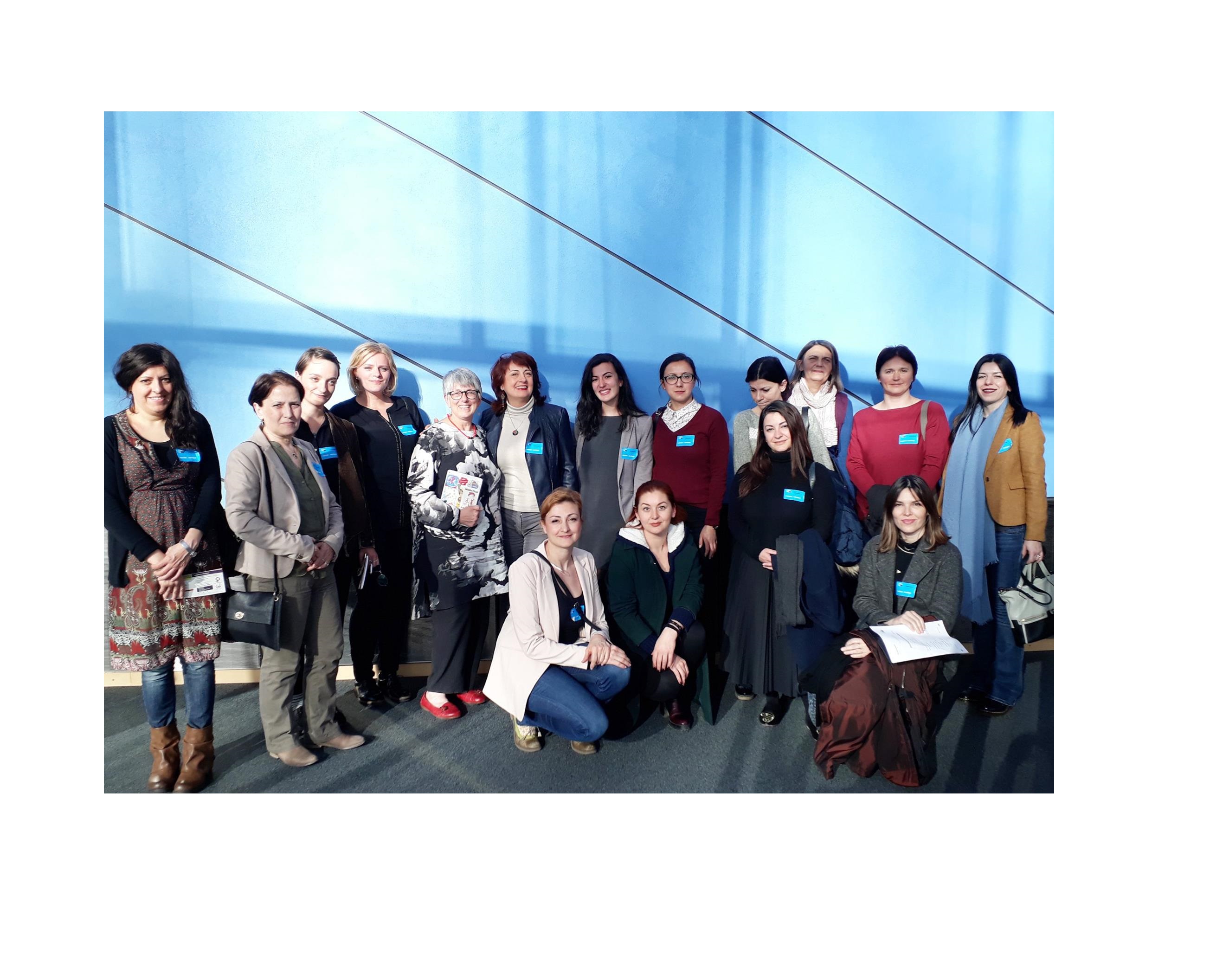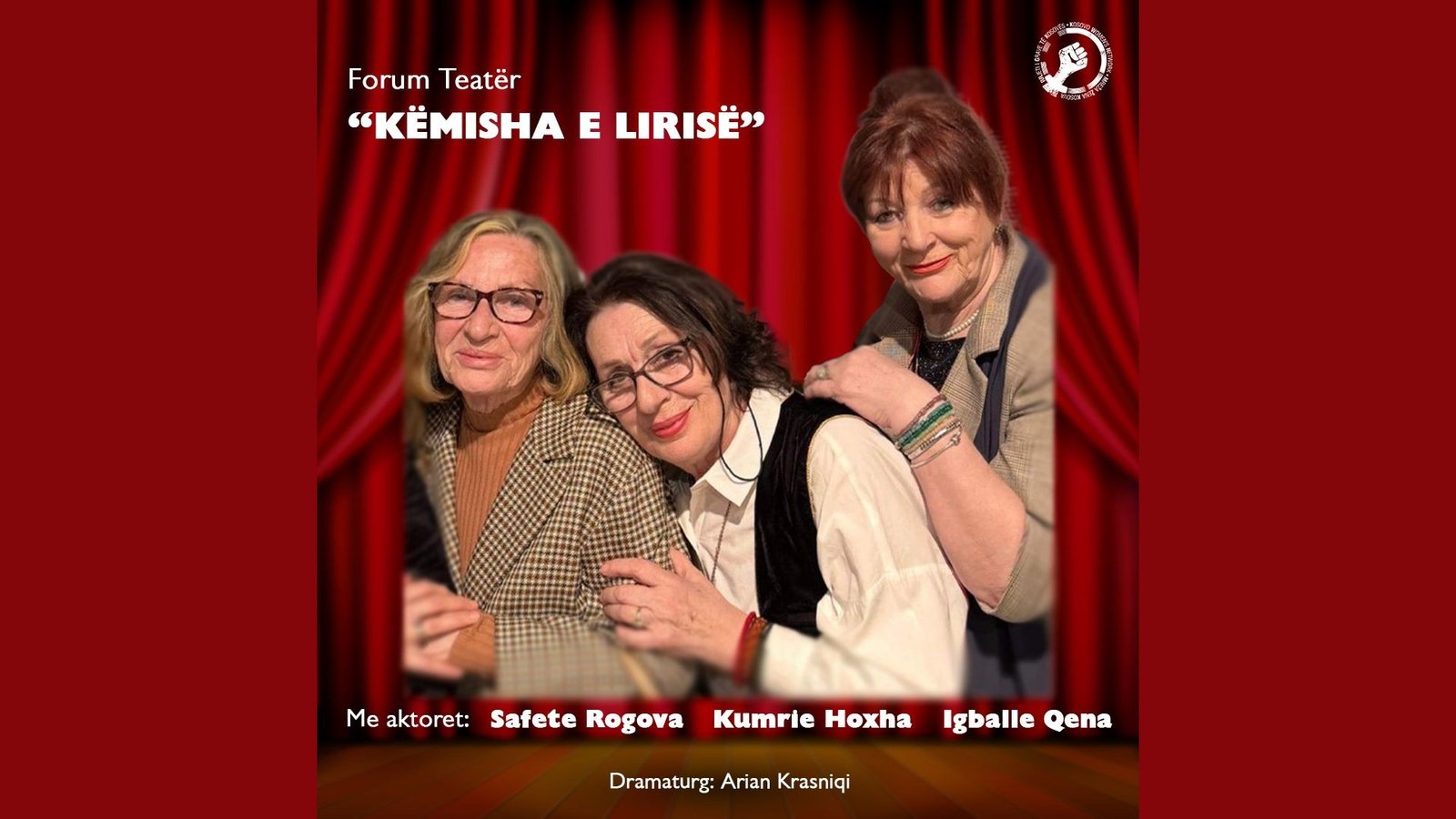In the spirit of United National Security Council Resolution (UNSCR) 1325, the European Union (EU) has made its commitment to promoting and supporting women’s active and meaningful participation in all peace processes as well as their representation in formal and informal decision-making in post-conflict countries. This includes the countries in the Western-Balkans that are currently in the so called pre-accession phase.
This week, Kvinna till Kvinna foundation organized its yearly advocacy visit trip to Brussels with representatives from Macedonia, Montenegro, Bosnia and Herzegovina, Serbia and Kosovo. Kosovo Women’s Network (KWN) was represented by Iliriana Banjska who during this week met up with Members of the European Parliament, high representatives of the European External Action Service, Directorate-General for Neighbourhood and Enlargement Negotiations, European Peace Laison Office and Gender Focal Points.
Issues that were raised during the meetings were the current trends of “high” political issues drawing attention away from other pressing social and economic issues affecting people’s everyday lives, including related to gender equality such as gender based violence, women’s unemployment and the lack of women’s inclusion in political processes. But also the lack of gender analysis in important documents such as Country Progress Reports and the EU’s financial instruments for the Western Balkans.
As advocacy initiatives have it, the meetings had their up and downs. The EU is a large institution which employ also people that are not open to gender issues and women’s rights. On the other side, officials that work on Kosovo, recognized the important work KWN has been doing in evidence based gender mainstreaming within the framework of EU accession. All in all, important steps have been taken into establishing important relations with officials which in the future might become allies in integrating women’s voices in the process towards Kosovo becoming an EU member state.





